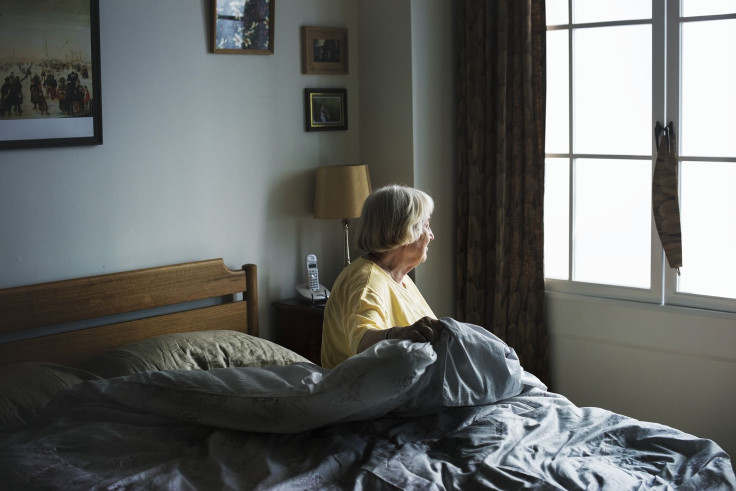Parkinson's Disease: Better Sleep Improves Early Morning Mobility In Patients

New research from Japan suggests that improvement in sleep quality efficiency is associated with better early-morning mobility in patients with Parkinson’s disease (PD).
According to the lead researcher Dr. Hiroshi Kataoka, Nara Medical University School of Medicine, elderly patients suffering from Parkinson’s disease frequently experience sleep benefits due to temporarily improved mobility in the mornings. He also opines that previous studies have found conflicting results about the association between better sleep quality and improved morning mobility.
About 60% of Parkinson's disease patients have reported sleep issues and early-morning non-mobility (akinesia). This study used actigraphy to examine possible associations between objective sleep measures and morning mobility among 157 outpatients with the condition. Four different kinds of sleep parameters such as sleep efficiency, wake after sleep onset, total sleep time and fragmentation index were focused.
The study’s co-author Dr. Kenji Obayashi told Reuters Heath via an email that their results suggested that a 1-standard deviation increase in sleep efficiency correlated with a 5.7-minute decrease in low morning-mobility time within the first two hours after waking up.
People generally execute morning routines such as hygiene, toilet use, dressing, and breakfast within 2 hours after rising," Dr. Kataoka said.
"Slowness or stiffness in the early morning is a common symptom of PD, and this early-morning akinesia is frequent even in patients with early-stage disease. Therefore, PD patients feel difficulty in these early-morning activities, possibly resulting in a low quality of life (QOL). Our results suggest, thus, that the benefits of good-quality sleep on morning mobility may also improve daily activities and QOL," he added.
Another expert Dr. Roongroj Bhidayasiri of Chulalongkorn University Hospital in Bangkok had previously reported that impaired bed mobility is related to the PD symptoms of stiffness and rigidity at night. He opines that since this symptom is dopamine-responsive, a high prevalence of nocturnal hypokinesia (slowed or diminished body movement) might be caused by an inadequate dopamine replacement at night.
He states that further research about the symptoms of nocturnal hypokinesia among PD patients is necessary since it affects 2 out of 3 mid-stage PD patients. With the advances of mobile technologies, he opines that PD symptoms can be monitored in patients' own homes.
© Copyright IBTimes 2025. All rights reserved.






















